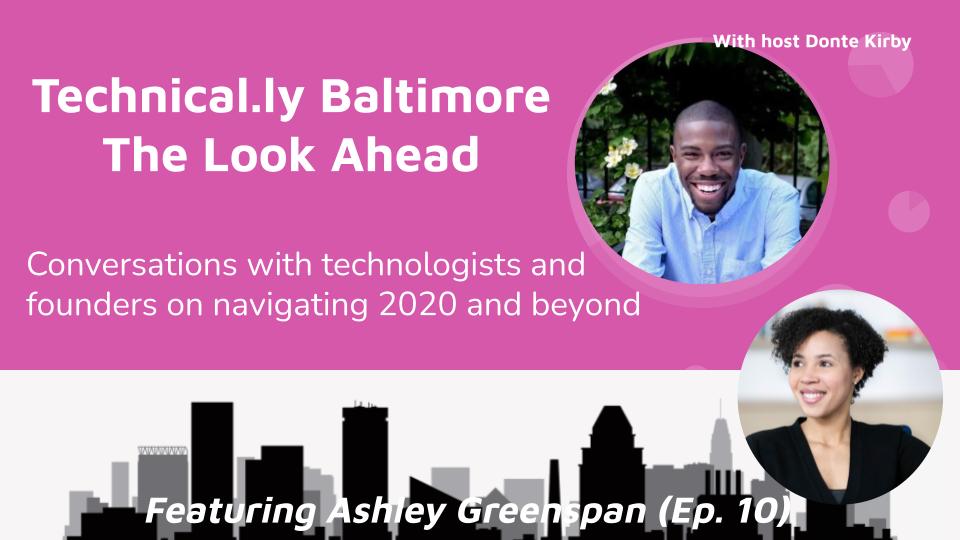When data is travelling between devices, there’s a good chance Crown Castle is helping to facilitate the connection.
Crown Castle builds out the fiber lines and cell phone towers that gives cities and towns the internet connectivity, 4G or 5G data and phone reception that are integral to modern life and the digital world we live in. The company’s figures state that it operates about 80,000 route miles of fiber and about 40,000 cell towers.
There’s a lot said of internet service providers (ISP) like Comcast and Verizon, or large tech companies like Google and Apple. But not as much is said about infrastructure builders like Crown Castle that allow these companies to keep the information flowing.
Locally, the Houston-based company has offices in downtown Baltimore and Columbia. Through its work, it has installed a network of small cells on street lights and utility poles in Baltmore in a move to improve the city’s wireless connectivity. The company has also supported local tech education initiatives such as the Digital Harbor Foundation and Boys & Girls Clubs of Metropolitan Baltimore.
In the latest episode of Technical.ly video interview series The Look Ahead, a conversation with Crown Castle Public Affairs Manager Ashley Greenspan centered around the differences between an ISP and a company that creates the infrastructure an ISP depends on to function, what municipal broadband would mean for ISPs and consumers, dispelling misinformation about 5G and how the increased Wi-Fi capabilities of 5G could be integral in providing internet to communities.
“We’re talking about a technology,” Greenspan said, referring to 5G, “that will be 100 times faster and the ability to connect 100 times the devices compared to the 4G standard. And we’re really committed to building out that technology in Baltimore. To give you a sense of what it will enable, we’re talking about $11 billion in GDP growth and over 34,000 new jobs in Greater Baltimore alone.”
Watch our conversation below:
[youtube https://www.youtube.com/watch?v=mUFheAfbOOs]
Here’s the audio version:







